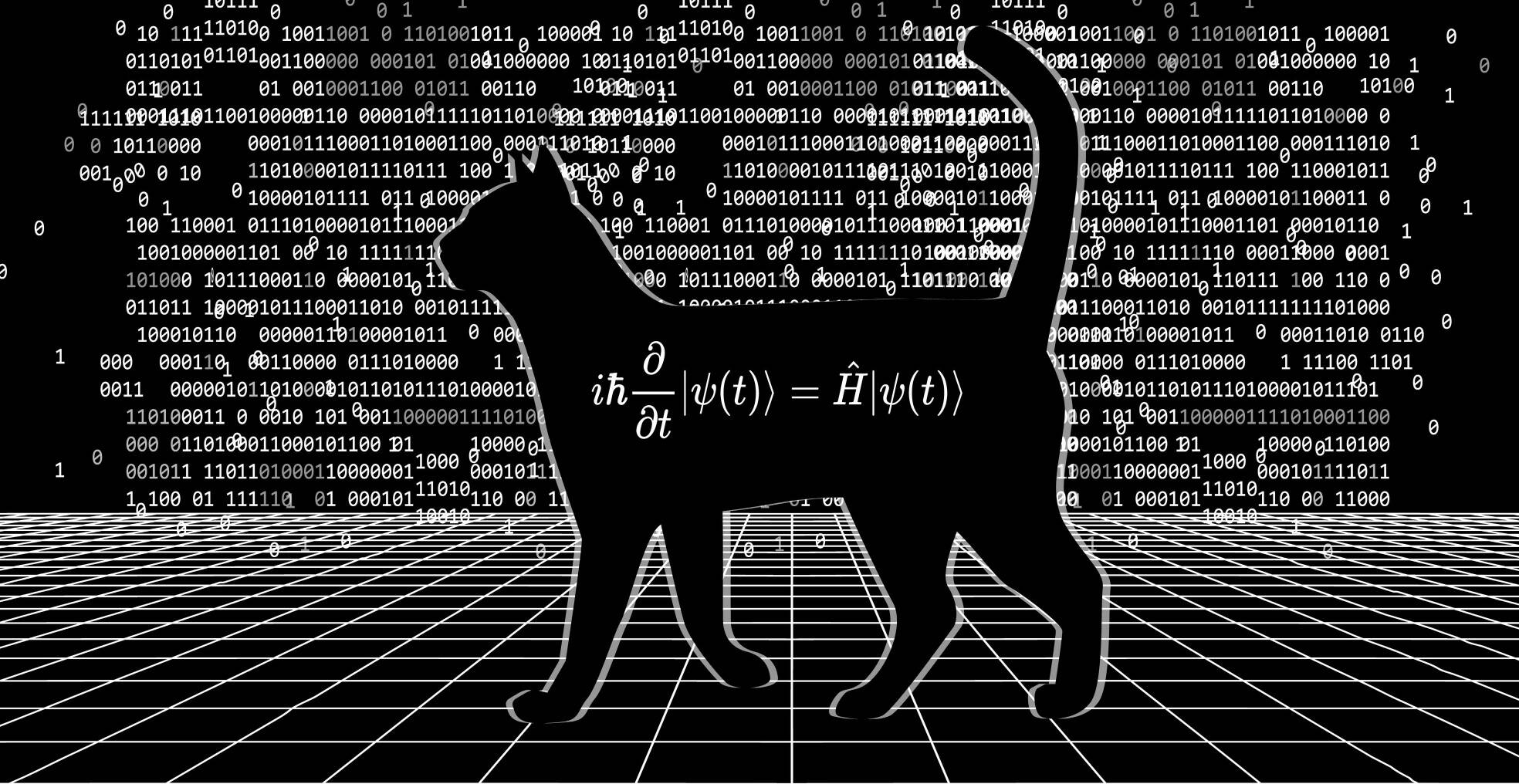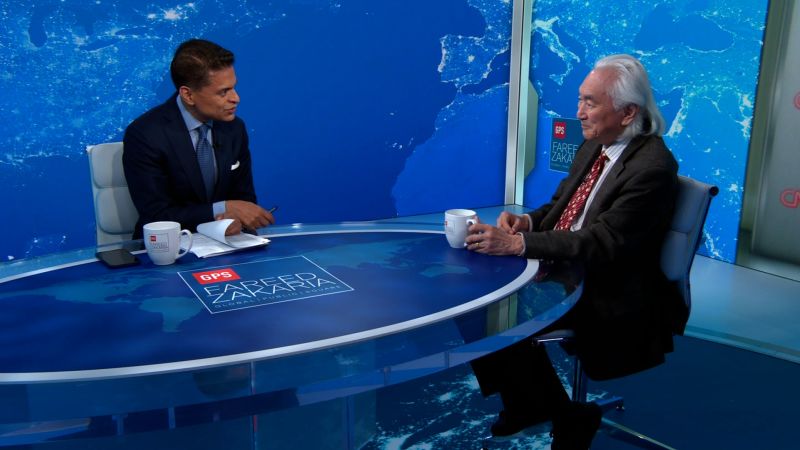- Bell State
- Posts
- Google Chrome, The Fed, and Enchiladas
Google Chrome, The Fed, and Enchiladas
Quantum Intelligence 🤖
Welcome to The Bell State.

Your weekly roundup of the biggest breakthroughs in Quantum Computing.
Google Chrome toying with quantum-resistant cryptography
Google is introducing a hybrid key encapsulation mechanism (KEM) in Chrome to safeguard the sharing of symmetric encryption secrets during the establishment of secure TLS network connections. This move is in anticipation of the potential threat that quantum computers could pose to current encryption schemes in the future. While experts believe that practical quantum computers capable of breaking current encryption are still years away, Google is aiming to be proactive by integrating quantum-resistant encryption mechanisms into current communication protocols.
The Fed, scared of quantum?
The U.S. Federal Reserve has warned about emerging threats from quantum computing and AI to the financial system in a cybersecurity report to Congress. Quantum computing's potential to render current encryption obsolete and AI's capacity to automate cyberattacks are highlighted. Quantum cryptography could enhance data protection but also enable new methods of cyberattacks. Machine learning could automate security controls but could also be exploited by threat actors for attacks. The report emphasizes collaboration between the government and private sector to address these risks and maintain financial system resilience.
ChatGPT is a “glorified tape recorder”: Michio Kaku places bets on quantum computing instead
Theoretical physicist Michio Kaku dismisses exaggerated fears over AI technology, viewing chatbots like ChatGPT positively despite concerns. Kaku highlights chatbots' limited ability to create and differentiate truth from human-generated content. He traces computer evolution from analog to digital stages and anticipates a quantum computing era, emphasizing its potential for business and healthcare advancements. Quantum computing's ability to process information through particle states is expected to revolutionize problem-solving and disease understanding.
Enchiladas and Quantum?
Sandia National Laboratories has developed a new ion trap called the Enchilada Trap, designed to hold electrically charged atoms or ions, has the capacity to store and transport up to 200 qubits, an improvement from the previous version's maximum of 32 qubits. While a quantum computer with up to 200 qubits and current error rates may not yet surpass conventional computers for solving practical problems, it allows researchers to experiment with larger-scale quantum systems and more complex algorithms. The Enchilada Trap's design involves a branching network of electrodes to rearrange and store ions, addressing challenges related to ion manipulation and power dissipation.

.png?disable=upscale&width=1200&height=630&fit=crop)





